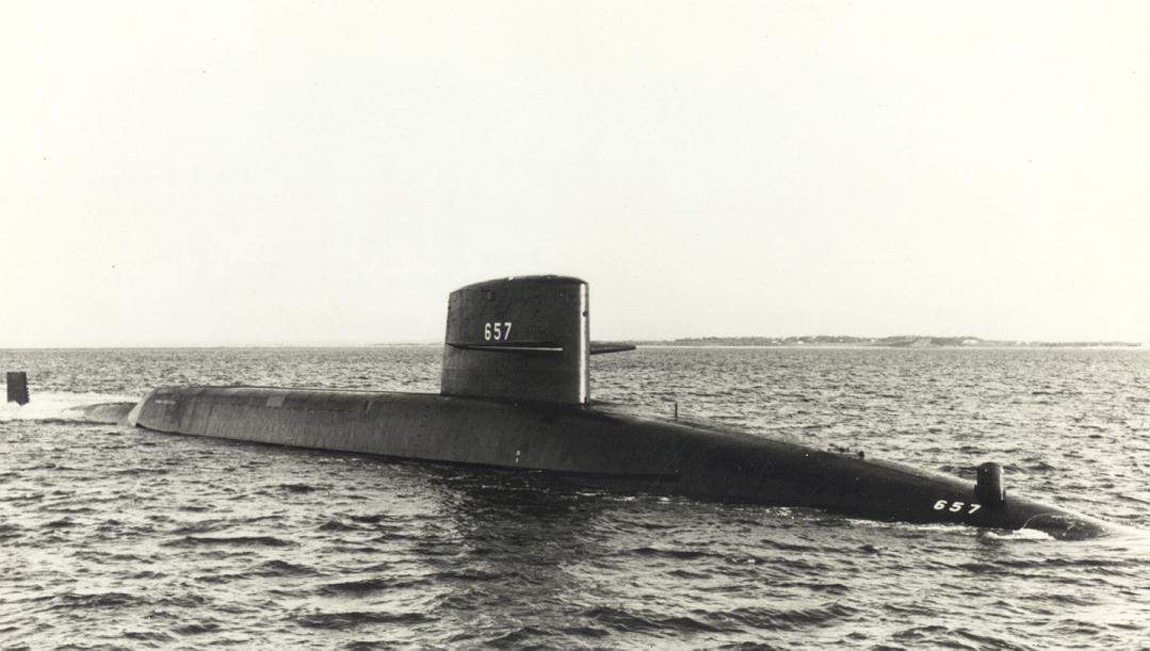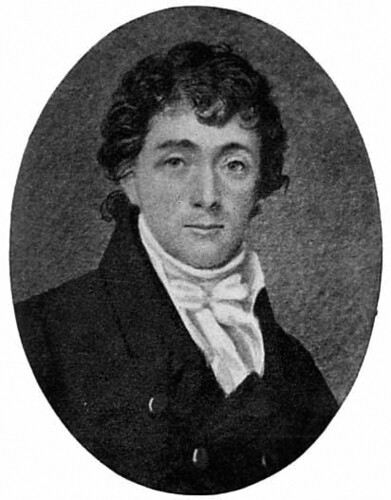
His father John Ross Key was a lawyer, a judge and an officer in the Continental Army. Olivet Cemetery in Frederick, Maryland and at the Presidio in San Francisco, California.Ĭomposer of the anthem of the United States of America, "The Star Spangled Banner."įrancis Scott Key (Aug– January 11, 1843) was an American lawyer, author, and amateur poet, from Georgetown, who wrote the lyrics to the United States' national anthem, "The Star-Spangled Banner".įrancis Scott Key was born to Ann Phoebe Penn Dagworthy (Charlton) and Captain John Ross Key at the family plantation Terra Rubra in what was Frederick County and is now Carroll County, Maryland. To honor the author of "The Star-Spangled Banner," there are monuments at: Fort McHenry on Eutaw Street in Baltimore at Mt. On January 11, 1843, while visiting his daughter in Baltimore, Key died of pleurisy.

He was well-liked by his friends and was active in society. It was not until 1931, however, that it became our national anthem.Īfter the war, Francis Scott Key continued to live a very religious life. To his relief, the flag was still flying! Quickly, he wrote down the words to a poem which was soon handed out as a handbill under the title "Defence of Fort McHenry." It was renamed "The Star- Spangled Banner" by an adoring public. Realizing that the British had ceased the attack, Key looked toward the fort to see if the flag was still there. From a distance of approximately eight miles, Key and his friends watched the British bombard Fort McHenry.Īfter 25 hours of continuous bombing, the British decided to leave since they were unable to destroy the fort as they had hoped. The three Americans were placed aboard the American ship and waited behind the British fleet. However, the three men were not permitted to return to Baltimore until after the bombardment of Fort McHenry. On board the British flagship, the officers were very kind to Key and Skinner.

Together, they set out on a small boat to meet the Royal Navy There Key met with Colonel John Skinner, a government agent who arranged for prisoner exchanges. Knowing that the British were in the Chesapeake Bay, Key left for Baltimore. Since Key was a well-known lawyer, he was asked to assist in efforts to get Dr. William Beanes, a close friend of Key's was taken prisoner by the British. However, due to his deep love for his country, he did serve for a brief time in the Georgetown field artillery in 1813.ĭuring the War of 1812, Dr. Because of his religious beliefs, Key was strongly opposed to the War of 1812.

Instead, he resolved to become involved in the Episcopal Church. At one time in his life, he almost gave up his law practice to enter the ministry. By 1814, he had appeared many times before the Supreme Court and had been appointed the United States District Attorney.įrancis Scott Key was a deeply religious man.

By 1805, he had a well-established law practice of his own in Georgetown, a suburb of Washington, D.C. After graduating at the age of 17, he began to study law in Annapolis while working with his uncle's law firm. When Francis was 10 years old, his parents sent him to grammar school in Annapolis. His family was very wealthy and owned an estate called "Terra Rubra" in what is now northwestern Carroll County. Francis Scott Key was born on August 1, 1779, in western Maryland.


 0 kommentar(er)
0 kommentar(er)
